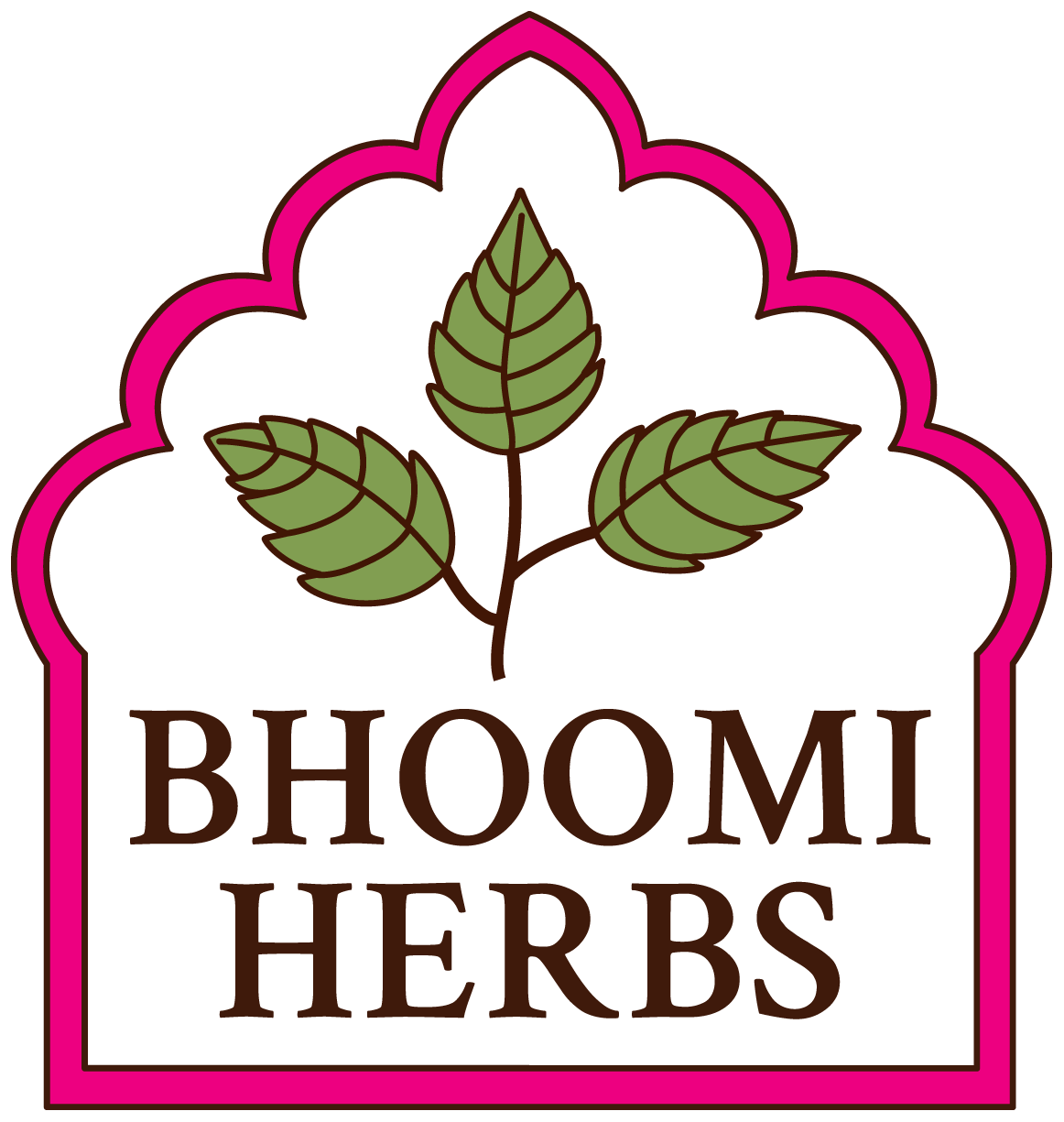Medicinal Herbal Broths
Autumn is close by, the nights are getting cooler, and the season for soups, stews, hot teas and baked goods is right around the corner! Food as medicine is a pillar of good health. If you enjoy cooking, Adding medicinal plants and mushrooms to your recipes is a great way to add immune enhancing properties, nutrition and improve the digestibility of your meals.
The first step in creating herbal broths is to start saving all of your vegetable scraps. Some examples include broccoli stalks, carrot tops and greens, kale stems, celery ends, sweet potato and carrot peels, pea pods, mushroom stems and any discards from members of the allium family (onion, garlic, leek, green onion, shallots, etc.) Be sure to not have brassicas (broccoli, cauliflower, kale, cabbage, etc.) be the majority of your broth contents, as they will contribute to a more bitter- tasting broth. Save your broth vegetables in the freezer until you have enough to fill a stock pot. If you already have a vegetable broth recipe you like, or happen to make bone broth, you can also follow your usual recipe with the addition of healing herbs.
Now let’s discuss herbs! Our broth herbs have been divided into the following categories:
Medicinal Mushrooms: Many medicinal mushrooms, fresh or dried, provide us with deep immune system support, and also add great flavor to herbal broths. If you happen to forage mushrooms, whether culinary or medicinal, wild mushrooms can also be a tasty addition to broth. Some examples include shiitake, maitake, turkey tail, black trumpets, lion’s mane, artist conk, and chaga.
Sea Vegetables: All seaweed varieties are high in minerals, antioxidants and iodine. I always include seaweed in my broths. My favorites are kombu, sweet kombu and nori, but wakame, sea moss, sea palm, sea lettuce and bladderwrack (highest in iodine) are also great choices. Don’t overdo it with the sea vegetables. A few sticks of kombu or a small handful of nori or bladderwrack is plenty.
Nutritive Herbs: Oat straw, nettles, chickweed, plantain, burdock root, dandelion greens, raspberry leaf, goji berries, jujube dates, rose hips, cilantro and parsley are some examples. A few handfuls of these nutritive herbs make a wonderful addition to broth.
Culinary Herbs: These will add a lot of flavor and medicinal value to your broth. My favorites are the Mediterranean herbs (rosemary, oregano, thyme, sage, marjoram). Onion, garlic, turmeric, fennel, basil, coriander and ginger are some other options. Keep in mind that culinary herbs have a strong flavor, and a quarter cup or less is sufficient for a batch of broth.
Adaptogenic Herbs: Herbal adaptogens are plants that increase the body's ability to resist the damaging effects of stress, promote optimal functioning of the body’s physiological processes and boost adaptive (or specialized) immunity. Most adaptogens require decocting (boiling in water) to fully extract their medicinal properties, making them ideal for medicinal broths. May favorite herbal adaptogens for broth are astragalus, codnopsis, reishi, fo-ti, eleuthero, and shatavari.
Medicine Broth Instructions:
Fill a large stock pot with vegetables or vegetable scraps. Add 2-parts medicinal mushrooms, 2-parts nutritive herbs, 2-parts herbal adaptogens, 1-part culinary herbs and ½ part sea vegetables (each “part” being ½ cup). Fill stock pot with water to cover vegetables and herbs. Simmer, covered, for 5-6 hours. Remove from heat, allow to cool and strain through a metal strainer or cloth. Keep broth refrigerated, or freeze for longer storage. Your broth may be used as a base for soups and stews, cooked into grains and beans or used in replace of water in the cooking of any savory dish. A cup of hot herbal broth with a spoonful of miso paste added is a nourishing and grounding winter treat- add ramen noodles for a quick meal.
I have never made the same herbal broth twice. My recipe changes depending on what vegetables I have been using, or what I have on hand. My recipe also changes depending on what sort of herbal support my family and I are in need of. If you have picky eaters in your household, herbal broth can assist you in getting some extra nutrition and minerals to those who prefer to not eat vegetables or to take herbal medicines. I hope this information will inspire you to play with herbs in your recipes and try your hand “kitchen herbalism.” To your health and healing.
